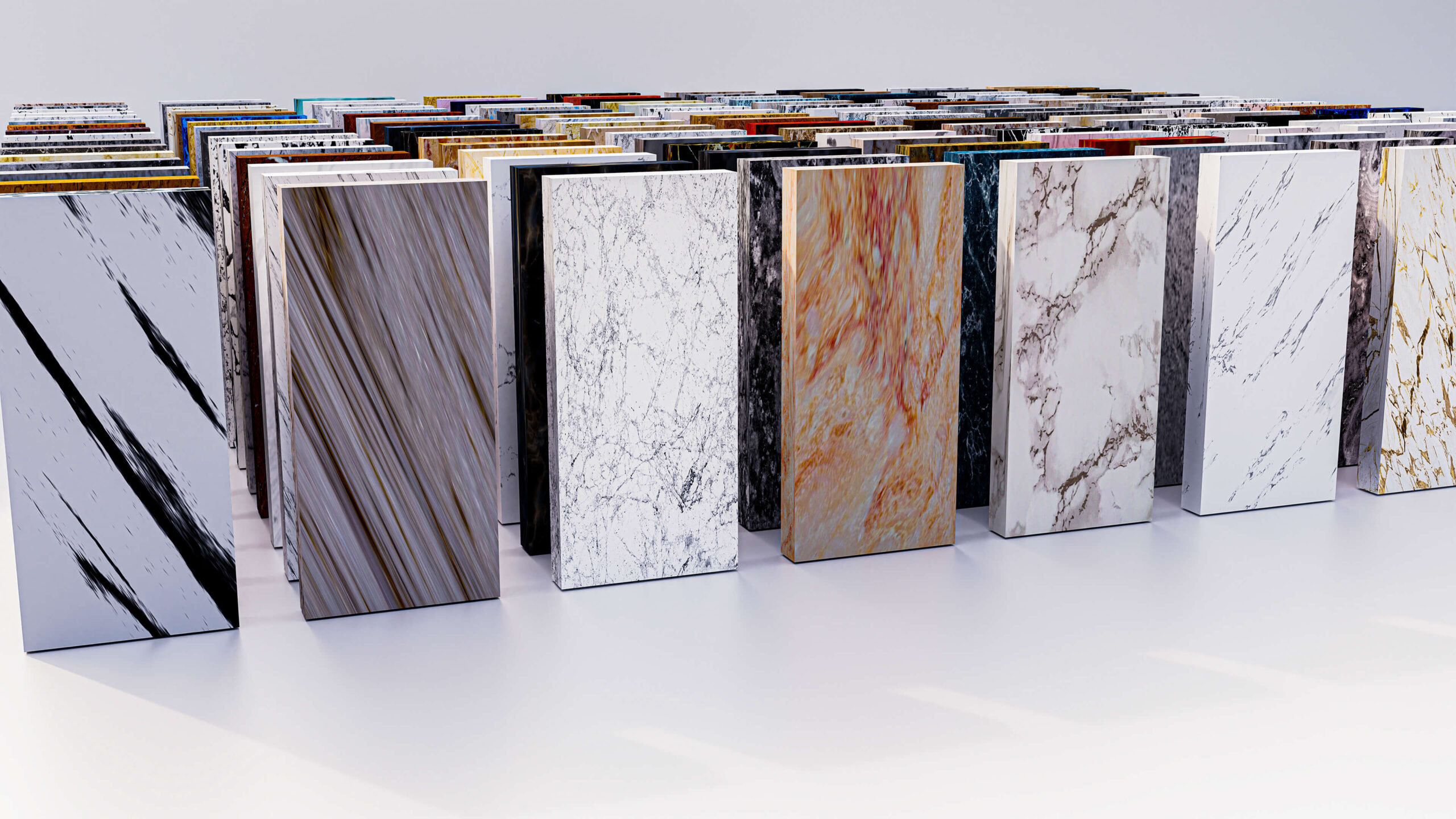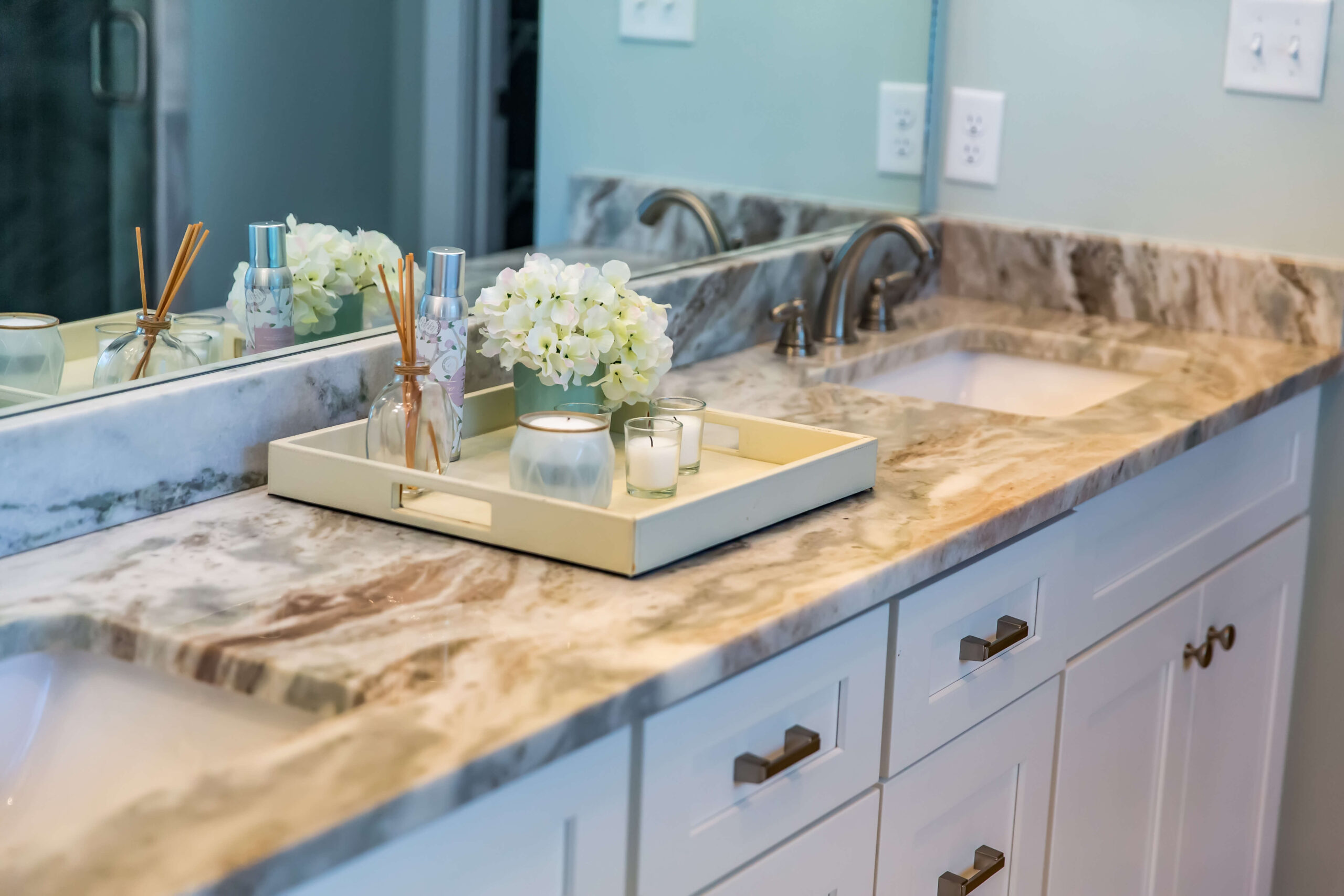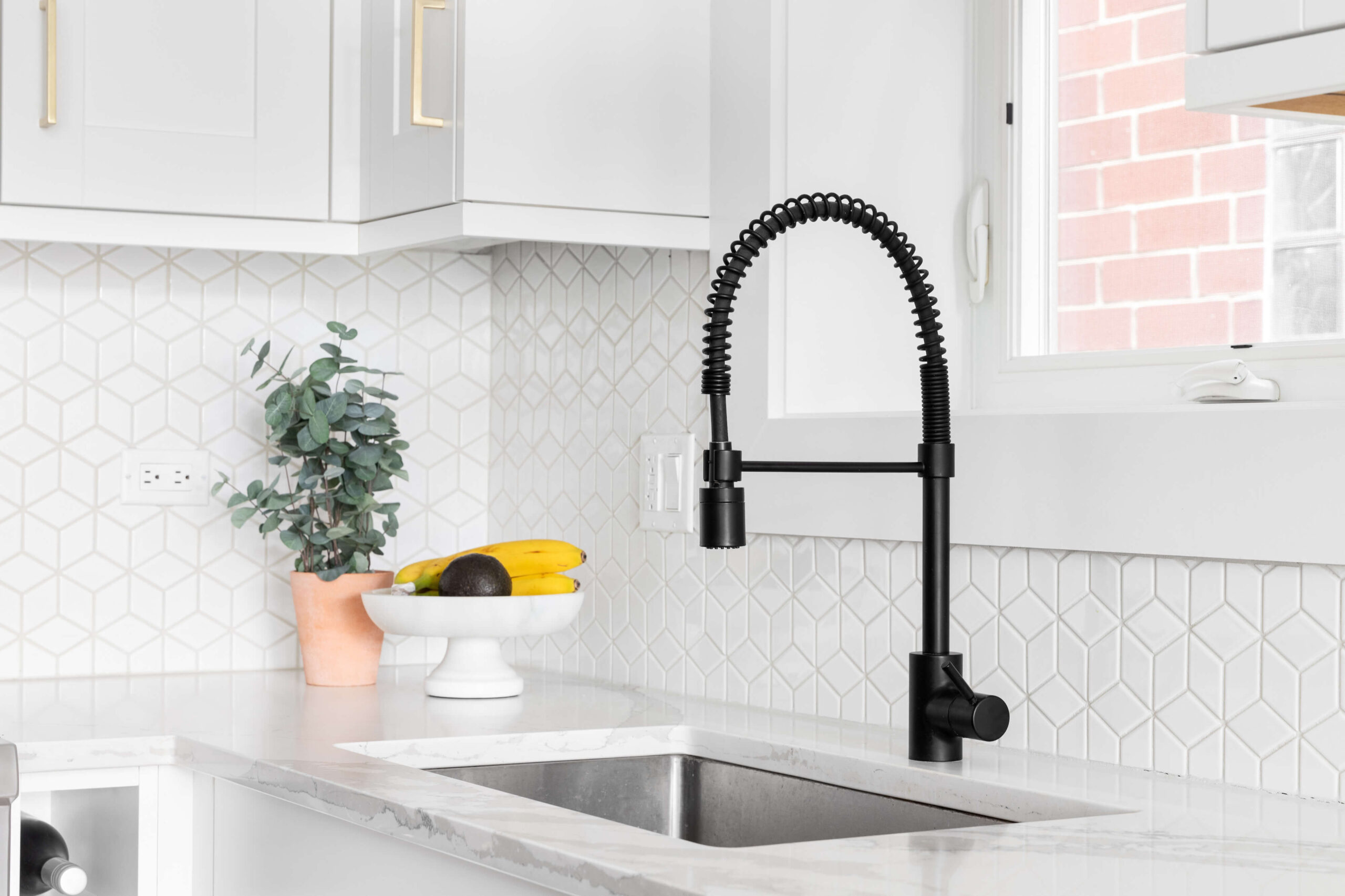Stone countertops are a hot trend in kitchen and bathroom design. They are eco-friendly and chip, heat, and stain resistant. They are also affordable and will give your kitchen an upscale appeal. But if the countertops are not properly cared for, they won’t last as long as they should. Caring for natural stone countertops requires special techniques. This article will review what you should be doing if you want yours to withstand that test of time and maintain its great looks.
What are the Various Types of Stone Countertops?

- Granite: Granite is known for its beauty and durability. It’s natural veining brings a unique element that can add value to your property.
- Marble: Marble has a delicate look and holds up well to heat. However, its soft and porous characteristics means it’s not the best choice for every kitchen.
- Limestone: Limestone has terrific earthy brown hues. Its resistance to natural elements and UV rays makes it great for indoor and outdoor use. However, it won’t hold up well to acidic solutions.
- Dense Slate: Dense slate is a type of rock formed in the earth’s crust. It will give your kitchen a timeless appeal. It holds up well to stains and moisture.
- Soapstone: Soapstone has a creamy white color that’s great for country kitchens. Mineral oil will help maintain its patina over time. It is heat and moisture resistant.
- Onyx: Onyx has a rich black look that’s enriched by patterns and neutral colors. It is easy to care for and provides a great modern aesthetic.
- Quartzite: This combination of quartz and sandstone holds up well to stains, heat, and scratches. It’s subtle patterns and colors make it an attractive option. However, you will want to keep it away from UV rays.
Travertine: Travertine is the main material found in stalagmites and stalactites inside caves. It comes in a variety of neutral colors and will bring a cozy look to your kitchen.
What can Homeowners Do to Keep Stone Countertops Protected?

Here are some steps of caring for stone countertops homeowners can take to keep them protected.
Seal and Reseal: The best way to keep stone countertops protected from stains and damage is to apply a sealant. Most countertops come with a sealant, but this will wear down over time. Reapplying sealant can be a DIY job, but if you don’t feel confident about what you are doing, you may want to call an expert in. New sealant will typically need to be applied once a year.
Use the Right Cleaning Products: Recommended cleaning products will vary depending on the type of stone countertop you have in your home. However, it’s best to stay away from anything that’s too harsh or abrasive.
Wipe Up Spills: Wipe up spills immediately, before they can seep into your countertops.
Protect Your Counter from Cooking and Food Prep Activities: Use cutting boards, coasters, hot pads, and trivets to keep your counters safe from stains, heats, and nicks.
Caring for Natural Stone Countertops: Handling Tough Stains and Incidents

No matter how much you try to protect your granite countertops, damage can occur. Here are some tips that may reverse signs of damage.
Stains: If the countertop gets stained, you can mix a paste of baking soda and water (for oil-based stains) or peroxide and baking soda (for all other stains). Spread the paste on the stain, then spread plastic wrap with a few holes poked into it over the paste. Cover it with masking tape. Let it sit for 24 hours. Then pull off the tape and plastic and use a wooden of plastic scraper to remove the residue. Rinse with distilled water and polish with a clean cloth.
Cracks and Chips: If the counter cracks or chips, you can fill it with an epoxy or resin. There are kits that are specifically made for filling in counter cracks or chips that can be purchased at most hardware stores.
Breaks: It is possible to fix small, non-load bearing breaks in your countertop with an epoxy binder. These are also available at hardware store.
Refinishing or Restoring Your Granite Countertops

If your countertops are looking worn down, a refinish will be necessary. Here are some refinishing methods that may be effective.
A Good Cleaning: Your countertops may look dull due to using cleaners that leave a residue or hard water with a high mineral content. If this is the case, the right cleaners can restore the shine.
Polishing Powder: if you see signs of damage due to food contact or if etching is beginning to appear, a polishing powder will be your best option. You will need to mix the powder with water, so it forms a paste. Use a soft cloth to tackle problem areas. You may have to leave the paste on overnight to get the desired results.
Get a Pro In: If the finish of your countertop is damaged, no amount of cleaning or buffing will work. You may need to call a professional in. They will perform a stone restoration process that involves grinding out uneven surfaces, re-honing to further promote smoothness, polishing and sealing.
Refinishing vs. Restoring Stone
Restoring is another task best left to a professional. It differs from refinishing, which involves cleaning, polishing and sealing the stone, addressing chips and cracks. It is a good way to save your counters from extreme damage.
Why This is Important to Home Sellers
Your counters are permanent fixtures in your home. Having lovely stone countertops can increase your home’s value and they can be a big selling point for buyers. Caring for stone countertops and maintaining them throughout the years will make them look as lovely as new, raking in even bigger profits.
Terri Buseman Will Get You the Highest Value for Your Home
Stone countertops are not the only home feature that will boost your home’s value. I will recommend steps you can take to make your home look attractive to buyers so you can optimize your profit. I will help you every step of the way, ensuring your home sells quickly and with as little stress as possible.
Contact me for all your selling and buying needs.

